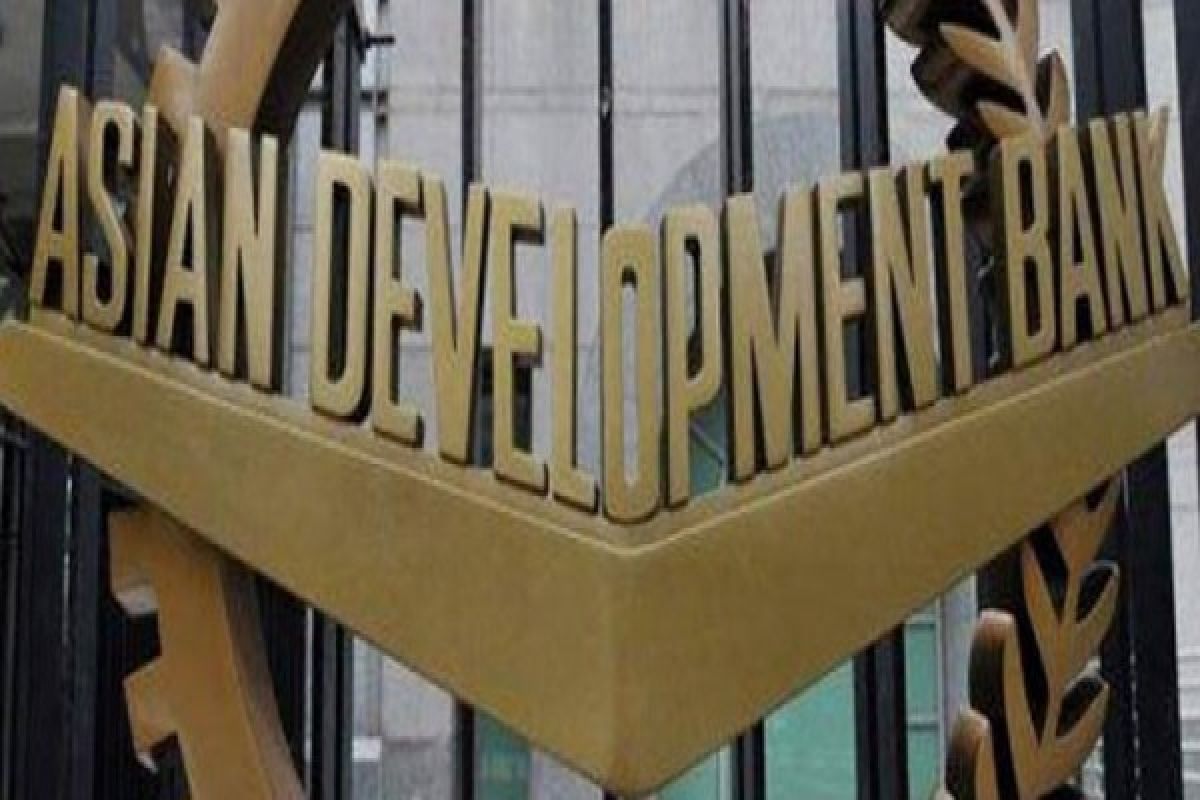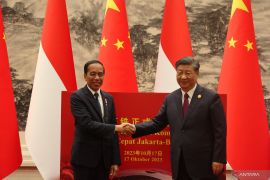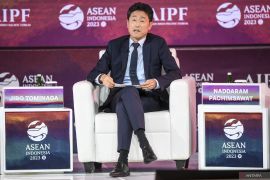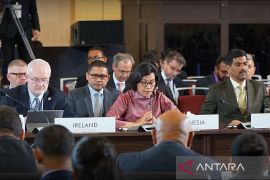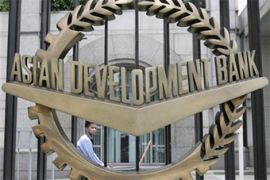"Hence, the oil subsidy alleviation has been considered as one of several ways to control the budget."Jakarta (ANTARA News) - Asian Development Bank (ADB) Indonesia Resident Mission (IRM)`s has perceived that Indonesian Government has considered the importance of oil subsidy alleviation.
ADB Indonesia Resident Mission (IRM)`s Deputy Country Director and Senior Country Economist Edimon Ginting said here on Thursday, that regarding to the global situation that oil import requirements in Asia will reach 54 percent, the Indonesian Government tends to realize that the GDP will be absorbed more to buy oil in order to meet the domestic need.
"Hence, the oil subsidy alleviation has been considered as one of several ways to control the budget," he said.
Moreover, Ginting said the oil subsidy in Indonesia is mainly has missed target which its beneficiaries are more used by the rich, instead of the poor.
According to ADB`s data, Indonesia has allocated 3.7 percent of GDP to subsidy, 2.6 percent for oil subsidy and 1.1 for electricity subsidy, while about 60 to 70 percent of 40 million kiloliter oil subsidy distribution has missed target in 2012.
However, Ginting said the oil subsidy alleviation has several risks, particularly to the poor as its effect to inflation and price hike.
Therefore, according to Ginting, the price adjustment is the best way to change the habit of depending on government subsidies, particularly the rich people who misused it.
"Here, the government should create an effective demand management to economize the oil fuel consumption, such as run by Japan which could reduce 25 percent of their energy consumption," he said.
Thus, Ginting said the missed target subsidy`s fund would be more useful to size up the infrastructure sector which is targeted to reach 4.9 percent of GDP in 2013-2014.
"Comparing to other developing countries, ideally government has to allocate more than 4 percent of GDP to develop infrastructure sector which is its realization was only covered 30 percent from the target in 2012," he said.
Meanwhile, Ginting added, ADB has reported that 27 percent of people in Indonesia is still have no access to electricity. Hence, the missed target subsidy`s fund can be used to establish power plant in the remote areas, for an example.
"But again, it all depends on the good political will from the government to implement this policy," he said.
(Uu.A060/O001)
Reporter: A Fitriyanti
Editor: Priyambodo RH
Copyright © ANTARA 2013
